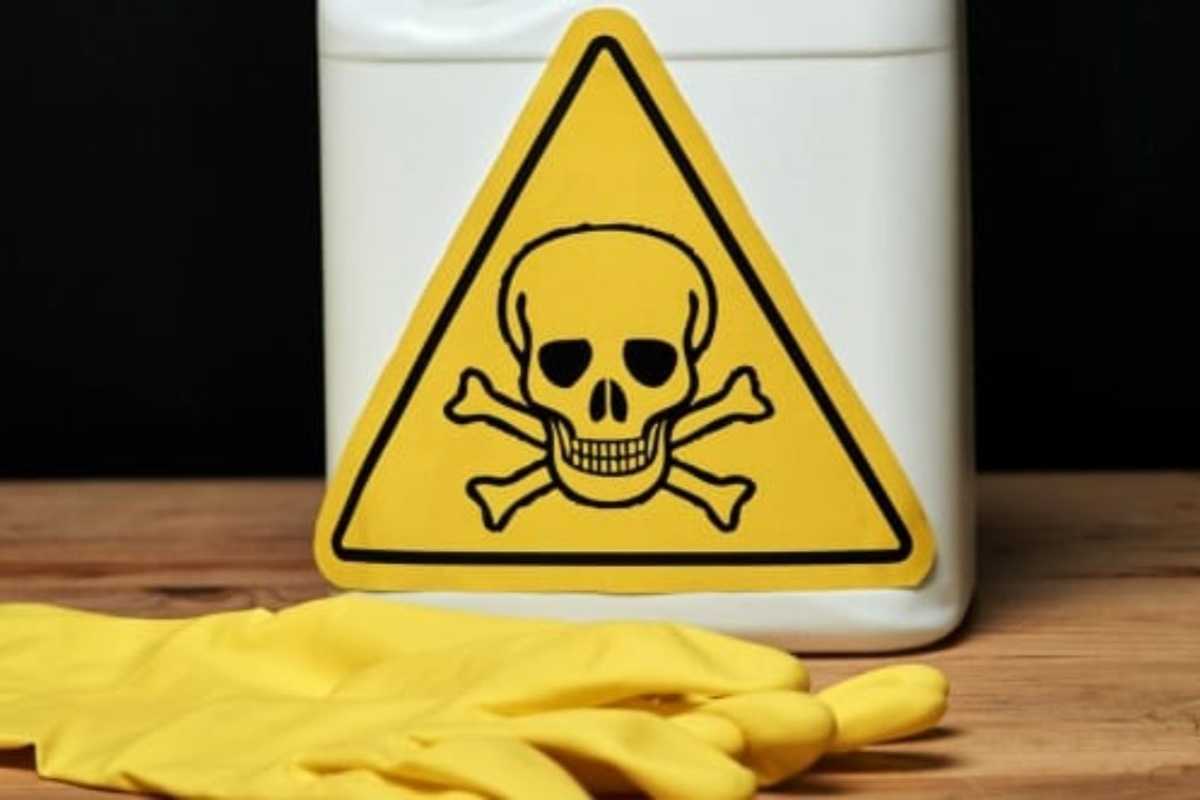Our homes are filled with comforts and conveniences that make daily life easier. However, nestled among these everyday items are hidden dangers that many of us are unaware of. In our quest to make our homes efficient and comfortable, we often overlook the potential hazards of common household items.
Understanding these risks is essential to maintaining a safe environment for ourselves and our loved ones. So without further ado, let’s uncover 8 everyday household items that are surprisingly poisonous.
Laundry Detergent Pods
At first glance, laundry pods are a marvel of convenience. But their bright colors and small size can be deceiving, especially to children. These pods contain highly concentrated laundry detergent, which is far more potent than regular liquid or powder forms.
If bitten into or swallowed, the chemicals can cause severe burns to the mouth, throat, and stomach.
In addition to ingestion, the contents can cause eye irritation and respiratory problems if the pod bursts.
Houseplants
Plants add beauty and freshness to our homes, but many popular varieties are toxic.
Peace lilies, philodendrons, and English ivy, for instance, contain compounds that can cause a range of symptoms from skin irritation to digestive distress if ingested.
It’s not just about the risk to humans. These plants can also be particularly hazardous to pets, who might be more inclined to chew on the leaves. Researching plant toxicity before bringing a new plant home can prevent accidental poisonings.
Antifreeze
This automotive essential is a lifesaver for your vehicle in winter, but it poses a significant risk at home.
Antifreeze has a sweet taste that can attract pets and children, but even a small amount can be lethal. Ingesting antifreeze can lead to acute kidney failure and neurological symptoms like seizures.
Keeping antifreeze containers tightly sealed and stored away from reach is crucial to prevent accidental ingestion.
Button Batteries
Small, shiny, and seemingly harmless, button batteries are found in many everyday items. But if ingested, they can cause serious damage.
The battery can get lodged in the esophagus, where it releases an electric current that reacts with saliva, leading to severe burns and potentially fatal injuries. As such, it’s important to keep devices with button batteries out of children’s reach and dispose of used batteries properly.
Mothballs
Often tucked away in closets and drawers, mothballs are a traditional method to ward off pests. However, the chemicals they release, such as naphthalene or paradichlorobenzene, are toxic. Inhaling these chemicals can lead to headaches, dizziness, and respiratory distress.
In severe cases, prolonged exposure can cause damage to the liver and kidneys. It’s important to use alternatives like cedar blocks or airtight containers for clothing storage.
Toothpaste
Fluoride toothpaste, a staple in oral hygiene, can be problematic when used improperly. In small doses, fluoride is beneficial, but when large amounts are ingested, especially by children, it can lead to stomach pain, diarrhea, and more severe health issues.
This highlights the importance of supervising young children during brushing and teaching them to spit out toothpaste rather than swallow it.
Nail Polish Remover
It’s a quick solution for removing nail polish, but the solvents in nail polish remover, like acetone, are highly toxic. Ingesting even a small amount can lead to nausea, vomiting, headaches, and in extreme cases, respiratory issues or coma.
The fumes can also irritate the eyes, nose, and throat. It’s advisable to use nail polish remover in a well-ventilated area and keep it away from children.
Cleaning Products
From disinfectants to window cleaners, our homes are stocked with a variety of cleaning agents. These products make our homes sparkle, but they contain harsh chemicals that can be dangerous.
Direct contact can cause skin or eye irritation, and inhalation of fumes can lead to respiratory issues. It’s important to use these products as directed, ensure proper ventilation during use, and store them securely.
Conclusion
While these everyday items are essential in our daily lives, it’s crucial to handle them with care and awareness of their potential dangers. Always remember – a safe home is a happy home!

